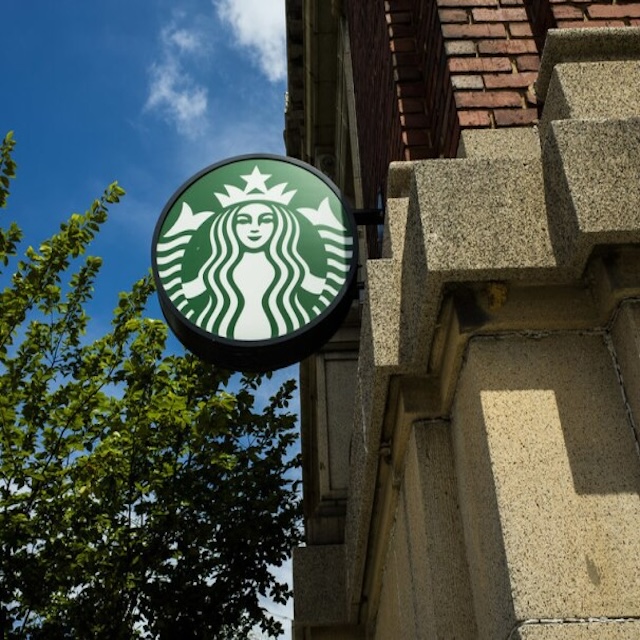Starbucks Retreats From Rapid Expansion, Testing Developer Patience

Rising construction costs and slowing same-store sales have prompted Starbucks to scale back its once-rapid store expansion, creating tension with landlords and developers. The company recently announced plans to halt some new projects and close hundreds of locations, according to a Financial Times report.
CEO Brian Niccol said Starbucks routinely opens and closes stores for reasons such as financial performance and lease expirations. The company’s total number of North American stores fell by just 1% in the fiscal year that ended last month, and Niccol said expansion will resume this year. Several new shops have already opened in California and New York.
The slowdown has frustrated members of the commercial real estate industry, who have long viewed Starbucks as a reliable, investment-grade tenant. With 17,230 U.S.-operated and licensed stores as of June—thousands more than McDonald’s—the Seattle-based company has been one of the nation’s fastest-growing restaurant chains.
Developers, who often build Starbucks locations to the company's specifications before leasing or selling them to investors, say the coffee giant has recently declined to occupy some completed sites. “I’ve heard it from multiple developers,” said Darpan Patel, managing director for investments at Marcus & Millichap. “One of my top developers just delivered six sites in the last two years. And on his most recent two sites, he had to fight them to take the site.”
When Starbucks walks away from a finished store, developers can be left holding millions in construction costs with limited recourse. Some have said they will no longer work with the company, and at least one lawsuit has already been filed.
Arsh Investments accused Starbucks of breaching a lease for a new café about 90 miles south of Seattle. The developer said Starbucks requested a pause in permitting for an interior redesign that never occurred, then pulled out of the deal months later.
Industry experts say Starbucks’ pullback mirrors a broader trend among national retailers. “A slowdown from a brand that once defined ‘prime-corner’ locations signals a more cautious consumer environment,” said Shai Wolkowicki, managing principal of Chicago-based developer The W Companies.
Source: GlobeSt/ALM